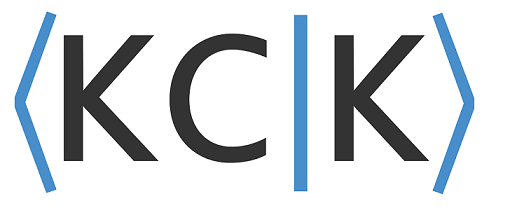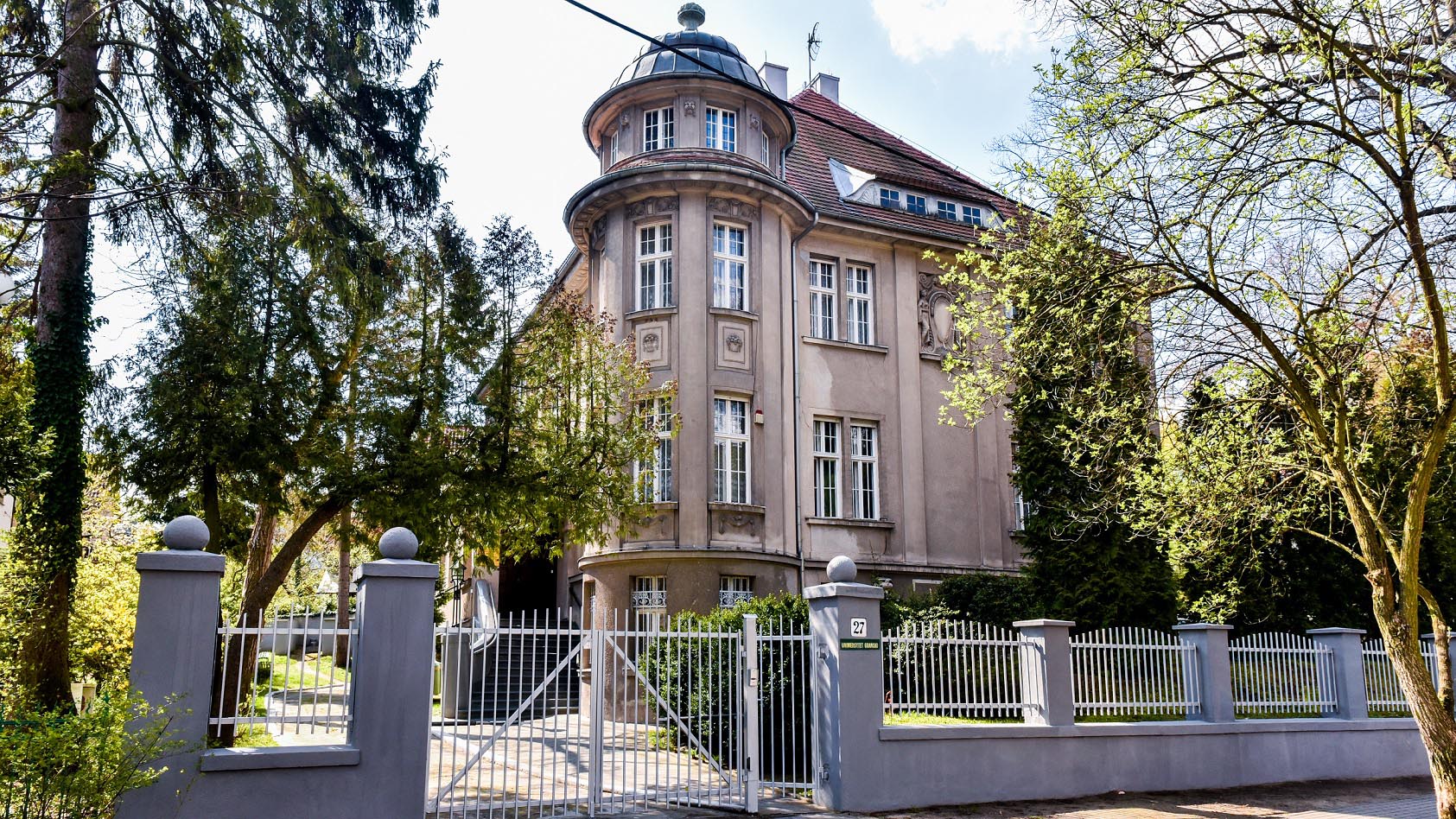Nonlocality and Contextuality
The Bell theorem and the Kochen-Specker theorem are two cornerstone results in the foundations of quantum theory. While the Bell theorem demonstrates that hidden variable theories based on the intuitive notions of local realism are incompatible with the statistical predictions of quantum theory so that quantum theory is "non-local", the Kochen-Specker theorem demonstrates the incompatibility of quantum theory with the assumption of "outcome non-contextuality", i.e., the outcomes of quantum measurements cannot be predefined in a manner independent of the measurement's context (the choice of jointly measurable tests that may be performed together).Apart from their interest from the point of view of the foundations of quantum mechanics, nonlocality and to a lesser extent contextuality have also found applications in the fields of device-independent cryptography, randomness amplification and expansion. Furthermore, recently fruitful connections have been discovered between quantum nonlocality and computational complexity theory in the form of interactive proof systems or non-local games, the field of operator spaces in the form of noncommutative extensions of Banach spaces, the field of graph theory in determination of graph-theoretic parameters such as the maximum stable set and the Shannon capacity of a communication channel associated to a graph.
While quantum theory is known to be nonlocal and contextual, as evidenced by the violation of Bell inequalities and non-contextuality inequalities respectively, it is not the most nonlocal theory compatible with the relativistic principle of no superluminal communication. KCIK researchers have contributed to the field by proposing information-theoretic principles such as the Information Causality principle [1] and the Information Content principle [2] that help to pick out the set of quantum correlations from amongst all non-signalling ones. From the point of view of applications, KCIK researchers have utilized Bell inequalities to develop protocols for device-independent randomness amplification against general non-signalling adversaries [3]. Connections with the field of communication complexity have been established and strengthened [4] and quantum realizations of extremal non-signalling correlations have been ruled out [5]. Furthermore, measures of contextuality have been proposed [6] and an axiomatic framework for nonlocality and contextuality has been developed [7].
Furthermore, KCIK researchers proved that for every Bell’s inequality, including those which are not yet known, there always exists a communication complexity problem, for which a protocol assisted by states which violate the inequality is more efficient than any classical protocol. Violation of Bell’s inequalities is the necessary and sufficient condition for quantum protocol to beat the classical ones. Thus, violation of Bell's inequalities has a significance beyond that of a non-optimal-witness of non-separability [8].
[1] M. Pawłowski, T. Paterek, D. Kaszlikowski, V. Scarani, A. Winter, M. Żukowski, Information causality as a physical principle, Nature 461, 1101 (2009).
[2] Ł. Czekaj, M. Horodecki, P. Horodecki, R. Horodecki, Information Content of Systems as a Physical Principle, Preprint at http://arxiv.org/abs/1403.4643 (2014).
[3] F. G.S.L. Brandão, R. Ramanathan, A. Grudka, K. Horodecki, M. Horodecki, P. Horodecki, T. Szarek, H. Wojewódka, Realistic noise-tolerant randomness amplification using finite number of devices, Nature Communications 7, Article number: 11345 (2016).
[4] H. Buhrman, Ł. Czekaj, A. Grudka, M. Horodecki, P. Horodecki, M. Markiewicz, F. Speelman, S. Strelchuk, Quantum communication complexity advantage implies violation of a Bell inequality, Preprint at https://arxiv.org/abs/1502.01058 (2015).
[5] R. Ramanathan, J. Tuziemski, M. Horodecki, P. Horodecki, No quantum realization of extremal no-signaling boxes, Preprint at http://arxiv.org/abs/1410.0947 (2014).
[6] A. Grudka, K. Horodecki, M. Horodecki, P. Horodecki, R. Horodecki, P. Joshi, W. Kłobus, and A. Wójcik, Quantifying Contextuality, Phys. Rev. Lett. 112, 120401 (2014).
[7] K. Horodecki, A. Grudka, P. Joshi, W. Kłobus, J. Łodyga, Axiomatic approach to contextuality and nonlocality, Phys. Rev. A 92, 032104 (2015).
[8] Č. Brukner, M. Żukowski, J.-W. Pan, A. Zeilinger, Phys. Rev. Lett. 92, 127901 (2004)


